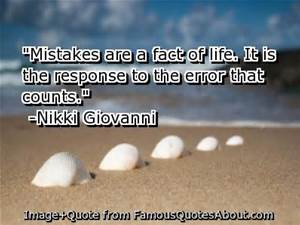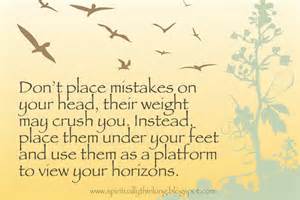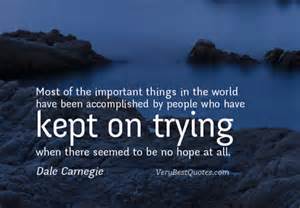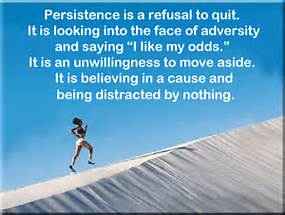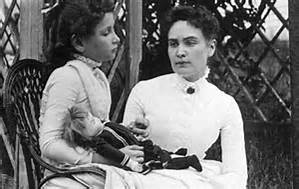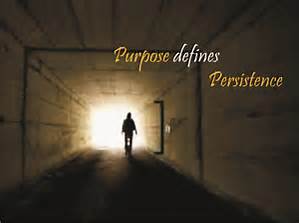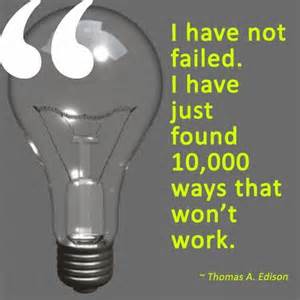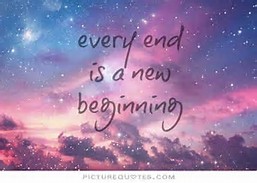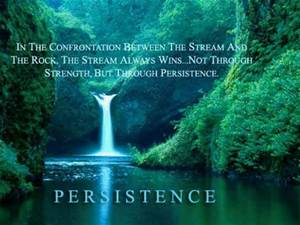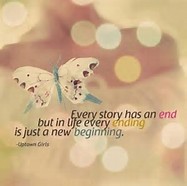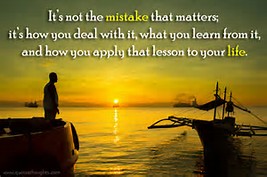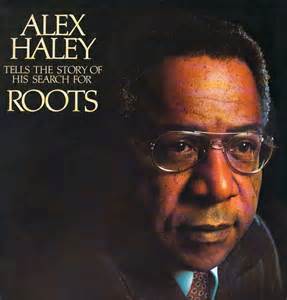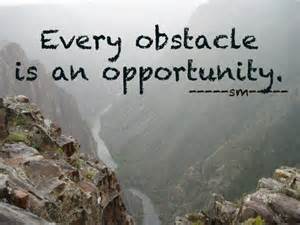
On June 6, 2017 singer Mandy Harvey dazzled the America’s Got Talent (an American talent competition where diverse performers vie for a cash prize) judges and audience with the rendition of Try, a song she wrote. Mandy is an American jazz singer and songwriter. Oh, and did I mention that Mandy is deaf? You read that right. As a 19-year-old college freshman, Mandy (whose major was vocal music) lost her hearing due to a connective-tissue disorder that deteriorated her auditory nerves. Discouraged by this diagnosis Mandy left college and returned home where she took American Sign Language classes and elementary education courses at a local community college.
 Although she had decided to take time off from singing, she did continue to play the guitar with her father. With her father’s encouragement, they made a home recording of OneRepublic’s Come Home which helped Mandy realize that despite her hearing loss she could still sing in key. This realization motivated her to continue with a singing career.
Although she had decided to take time off from singing, she did continue to play the guitar with her father. With her father’s encouragement, they made a home recording of OneRepublic’s Come Home which helped Mandy realize that despite her hearing loss she could still sing in key. This realization motivated her to continue with a singing career.
Mandy’s life journey took an unexpected turn when she lost her hearing, a turn that could have changed the direction of her life. Instead she decided that she was tired of letting “this barrier win” and she took action to overcome the barrier.
The actions Mandy took led to her overcoming her personal barrier and achieving success in her life and career. The actions she took to overcome her personal barrier would be beneficial for us to explore as they might just help us deal with changes, especially seismic ones. So, this week, let’s take a look at seven things she did:
1. Get past the initial emotional response. When barriers are placed in our path, it is common to get flustered and react in an emotional way. This type of reaction isn’t usually productive. It may be cathartic, but it isn’t going to remove the barrier. When facing the barrier, we must take an “emotional timeout” and begin to look at the situation with our logic and reason lenses. This will help identify the relevance of the barrier and the means by which to overcome it.

 2. Be action oriented. Change overwhelms us. The barriers within the change can stop us in our tracks; paralyze us. This is the time to take a deep breath and step into action. Focus on the following: Just what is the barrier? The circumstance? Can I handle it; control it? What parts can’t I control? How do I gain the upper hand with this? How can I influence this circumstance? What resources do I need? Don’t be afraid to challenge the barrier. Mandy Harvey certainly did. If negative thoughts (I could never do…, I don’t think I can do this…, I’m not as good as….) dominate your mind, what action can you take to eliminate the negative? Can you try to focus on the positive? Is the negative a learned, an ingrained behavior? If so, you can unlearn it. Change the ‘I could never’ and the ‘I don’t think’ to words of encouragement. Don’t feed the cycle of negativity. If we are focused on a specific goal (I want to make… I want to be…), we need to think about what action can we take to work toward that goal? What are the steps needed to move in the direction of that goal? We can’t sit on the sidelines; we have to take action!
2. Be action oriented. Change overwhelms us. The barriers within the change can stop us in our tracks; paralyze us. This is the time to take a deep breath and step into action. Focus on the following: Just what is the barrier? The circumstance? Can I handle it; control it? What parts can’t I control? How do I gain the upper hand with this? How can I influence this circumstance? What resources do I need? Don’t be afraid to challenge the barrier. Mandy Harvey certainly did. If negative thoughts (I could never do…, I don’t think I can do this…, I’m not as good as….) dominate your mind, what action can you take to eliminate the negative? Can you try to focus on the positive? Is the negative a learned, an ingrained behavior? If so, you can unlearn it. Change the ‘I could never’ and the ‘I don’t think’ to words of encouragement. Don’t feed the cycle of negativity. If we are focused on a specific goal (I want to make… I want to be…), we need to think about what action can we take to work toward that goal? What are the steps needed to move in the direction of that goal? We can’t sit on the sidelines; we have to take action!
3. Don’t give up on your dream. Know what you want. This isn’t about the how, only the what. In order to break the barrier, you need a firm foundation from which to step. Understanding what and where you want to go in life will provide your foundation. Have a vision for what you want. Set goals to reach that vision; these goals will help you break through the barrier.

4. Trust and believe in yourself. Believe you are worthy. Whatever your goal, your dream, or your desire, you are worthy of achieving it. Replace the self-limiting tape that your mind might be playing with a newer one that contains the truth – you are worthy to have your heart’s true desire. Think like a winner. Believing barriers can be overcome is half the battle. Have confidence. Steer clear from doubts because they will only immobilize any effort. Winners don’t quit; they rise above to meet the challenge head on.

5. Don’t give up or in. Harvey’s desire to do more with her life than just give up was a driving force that helped her eventually take the stage and sing again. One way Harvey did this was to practice positive self-talk. We are what we think. If we think negative, we will be negative. If we think we can’t, we won’t be able to. If we think we can, we will be able to. If we feed our minds positive, it bolster our resolve to keep moving forward and not give up or give in.

6. Leap over the barrier with someone by your side. Harvey spoke about the support she felt from those around her. If we have friends and family in our lives, then we have a built-in support network to help us deal with the barriers. Talking to others will help put or keep things in perspective. Other people may have similar experiences and may be able to share how they dealt with the barrier. Seek expert help when the barrier seems insurmountable and the desire to give up is strong.

7. Do not be afraid to fail. Harvey says, “It’s amazing how you can adapt if you are willing to put in the work and not be afraid to fail.” Taking risks and chance is a part of moving forward. If we try something and it doesn’t work, we need to find the lesson in it – figuring out what went wrong gives us some very important information. This review allows us to evaluate what worked and what didn’t, and more importantly, why. Often when we are removed from a situation, we can look at it more objectively which will allow us to make different choices. Learning from our mistakes gives up more options to try when breaking barriers.

Harvey says, “I am finding my own joy…not from feeling the piano but in overcoming the personal barrier.” If you set your heart on overcoming whatever seems to be the stumbling block, the personal barrier, you will succeed in overcoming the barrier and experience joy. Someone once said, “If the boulders are moved, even a river will change its course.” Change often requires us to change our course. Don’t fear doing so. Instead, look at the barrier as a challenge that with a positive attitude becomes an opportunity to develop our skills, experience, knowledge, networking, and/or relationships and in doing so, helps us move any personal barriers we may be facing.





